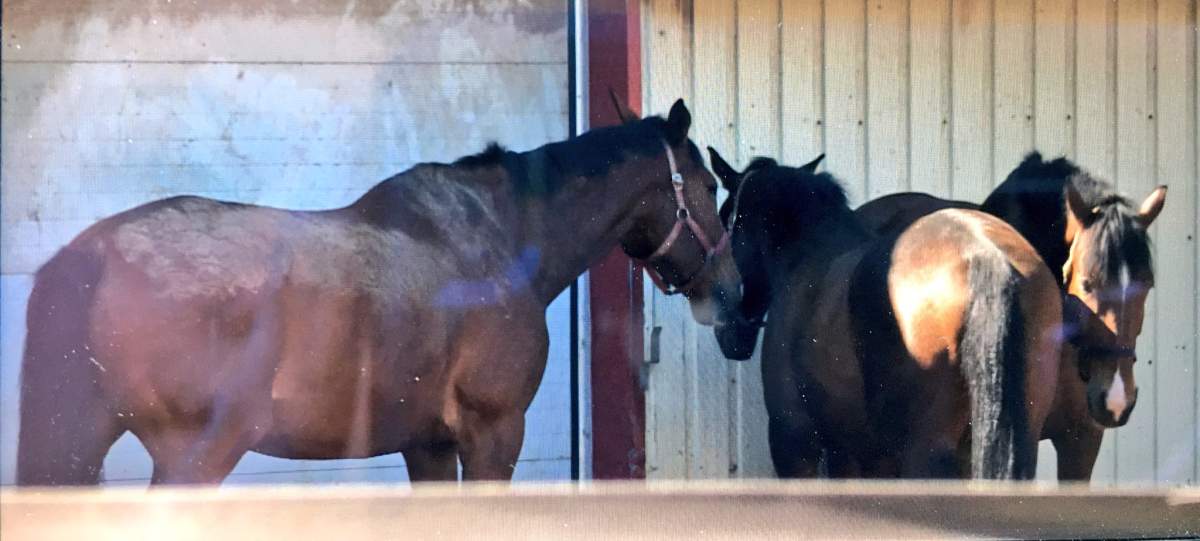UPDATE: Halifax Regional Police’s Mounted Unit has confirmed that one of their horses, Sarge, has been diagnosed with strangles.

A stable in Halifax has placed its horses in quarantine after a veterinarian confirmed one of the animals had contracted a highly contagious respiratory infection.
The Halifax Junior Bengal Lancers made the announcement in a Facebook post on Sunday night.
According the organization, the infection is known as strangles.
It is a bacterial infection of a horse’s upper respiratory tract, causing lymph nodes in the throat to inflame and making it difficult to breathe.

Get breaking National news
READ MORE: Volunteers at the heart of horseback riding program
Although the infection is highly contagious to horses, it poses no harm to the general public.
The Lancers says they have temporarily suspended operations as a result of the health issue.
“All staff are following strict disinfection protocols. Most of our horses remain healthy and we are doing everything in our power to keep it that way,” the Facebook post reads.
Horses may be observed outside the stable, but the organization says that is not part of their normal recreation program.
Cases of strangles have been confirmed in other regions, including throughout Nova Scotia, New Brunswick and Prince Edward Island.
WATCH: Children’s Wish Foundation surprises Nova Scotia girl with new horse

The Lancers are recommending that other horse owners take the following precautions as a result of the outbreak:
- Vaccinate any healthy horses if you have not already done so this year. Vaccination may not prevent disease in all horses, but could lessen its severity and duration. (Please still follow other precautions even if you have already vaccinated.)
- Monitor your horse’s temperature daily. Immediately contact a veterinarian if your horse is unwell.
- Do not let your horse touch noses with other horses at competitions.
- Do not share water buckets or feed tubs with other horses.
- Disinfect stalls at shows before putting your horse in the stall.
- Isolate new horses coming onto your property for three weeks.
The organization says it will provide updates in the coming weeks.









Comments